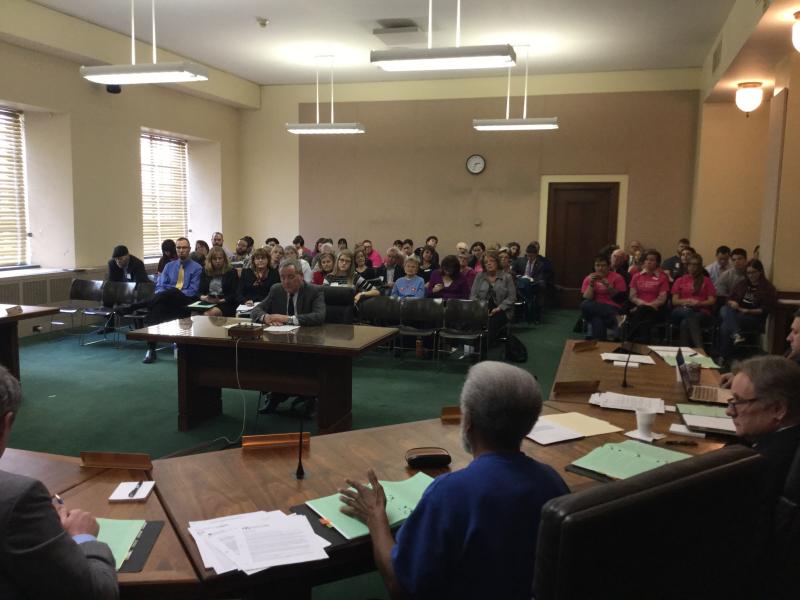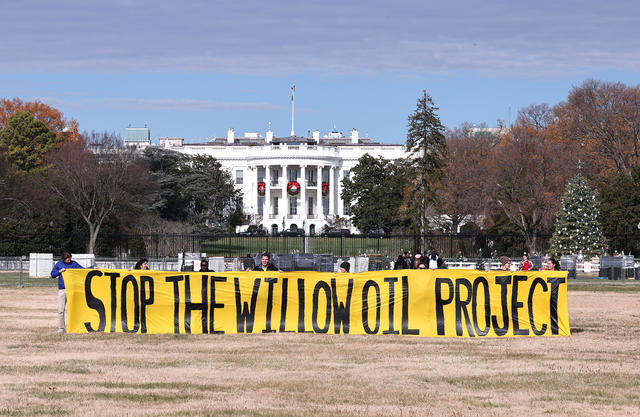By Frank Wickizer (Opinion) –
To the citizens of Nebraska, medical and recreational marijuana legalization might be a futuristic, far off concept, but recent legal reforms show it might come sooner than once thought.
For years, marijuana legalization was premised off of the liberal vote, as was shown by blue states starting the chain of legalizing in states like Colorado and Washington. Which is why in April of 2016, the Nebraska Unicameral “Indefinitely Postponed” LB 643, a bill introduced by Senator Tommy Garrett to adopt medical cannabis.
But this bill also tells the story of a changing demographic. Senator Garrett is becoming one of many Republicans changing their views on legal cannabis due to the possibilities of business. This is further shown in Arkansas, where the recent legalization vote, which was over a 6% victory, established medically legal cannabis, that isn’t the case anymore. Another factor that feeds into legalization, or at least loosening of laws, is the inherently racist laws that surround the issue. Not only the rhetoric, but also the outcome can be cited clearly as racist, proving the uniquely discriminatory ways of this issue.

This is clear with examples stemming back to the first attempts at outlawing cannabis in the United States, Social Studies teacher Brian Goodbrake said, “They played upon the racism against Mexicans and African-Americans and they conflated the marijuana issue, the drug, the female flower, with the industrial hemp. Then in 1937 they passed the Marijuana Tax Stamp Act, which, effectively, established prohibition.” This simply gave those in power the ability to super-charge their racism.
For many that voted pro-marijuana legalization in the past, such as Colorado, California, Maine, Alaska, and Washington, this happened due to the predominantly left- wing liberals that dominate in those states. But this past election showed something different.
Of the “four states (North Dakota, Arkansas, Florida, and Montana) that approved medical marijuana this year,” stated the Drug Policy Council, all four “also voted Republican.” This shows hope in the South and the midwest, which are politically dominated by the conservative agenda, or the informal list of items to be discussed at a formal meeting of people that associate themselves with right wing politics. Their dominance is shown by the popularity of Republican majorities in state legislatures, national legislatures, and many other systems of politics. Green Rush Daily is hopeful in saying that, “it will be much easier to get other states on board. Notably Missouri and Oklahoma, both of which are expected to vote on medical marijuana in coming election cycles.” The only question left now is the issue of the new Trump administration.
Goodbrake said, “There are now multi-billion dollar industries in these states. They’re being traded on the stock market! You can buy marijuana stocks on the stock market! [President Donald Trump] is a businessman. We do not know. [He] has not said anything about it.” This makes it hard to tell what will happen in these next four years.
Goodbrake went on to say, “[Trump] has said he is ‘for states rights’ but he also appointed Jeff Sessions as his Attorney General, who is one of the most anti-cannabis people possible. So I’d say it’s very hard to tell.” This combination of voices makes it very hard to tell if he will do anything at all to help further legalization or roll back reforms.
The only bill currently in session in the Nebraska Unicameral is the Medical Cannabis Act, that will be processed in the Judiciary committee on the 15th of March. It was introduced by Senator Anna Wishart, and co-sponsored by Senators Craighead, Ebke, Hansen, Kolowski, Krist, Morfeld, Pansing Brooks, Vargas, and Wayne.
As a sign of how far it may go, Senator Ebke is the Chair, suggesting that it will go past. Another sign that it will pass, not just through the committee phase, but also through the fact that Senators Jodi Craighead and Bob Krist are both not only co-sponsors of the bill, but also affiliates of the Republican party. This shows that there is still red support of these sorts of bills.
Another reason it has a high likelihood of passing through the Judiciary Committee specifically is the ability for it to act as some form of affirmative action. Loosening of the laws surrounding this issue is bound to help help people of color, specifically Black and Mexican populations, as Goodbrake explained above. No other member of the Nebraska Unicameral would be any more in favor of affirmative action than Senator Ernie Chambers, as is evident with his filibuster of a bill on the last session, due the fact that “[his] white coworkers will never understand” in reference to the discrimination people of color face.
The solution here seems to be state legalization, rather than sweeping reforms on the national level. Especially as the most recent statements from the White House are saying that we will “see greater enforcement of [Federal Laws banning cannabis],” as White House Press Secretary Sean Spicer said in a recent press conference. But, since they were very specific to the fact that “there is still a federal law that we need to abide by,” this seems to contradict the fact that the Trump Administration is very pro-states rights.

One last important note is that of the approximately 325 million people in this country, over 200 million have access to legal cannabis, showing that this isn’t just the hippy liberals, and the hippy liberals that may have started this movement might have gotten something right.
If you want to get invested in this issue, please find your representative in the Nebraska Unicameral at nebraskalegislature.gov, or feel free to testify at the Judiciary Committee hearing occurring on March 15. For more information about the hearing call the Unicameral Information Office at (402) 471-2788.












